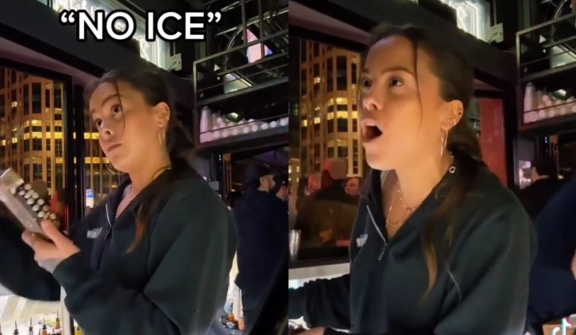
A bartender's choice to refuse a customer's request for a drink without ice, aiming to get more alcohol, sparked a lively debate among customers and industry experts.
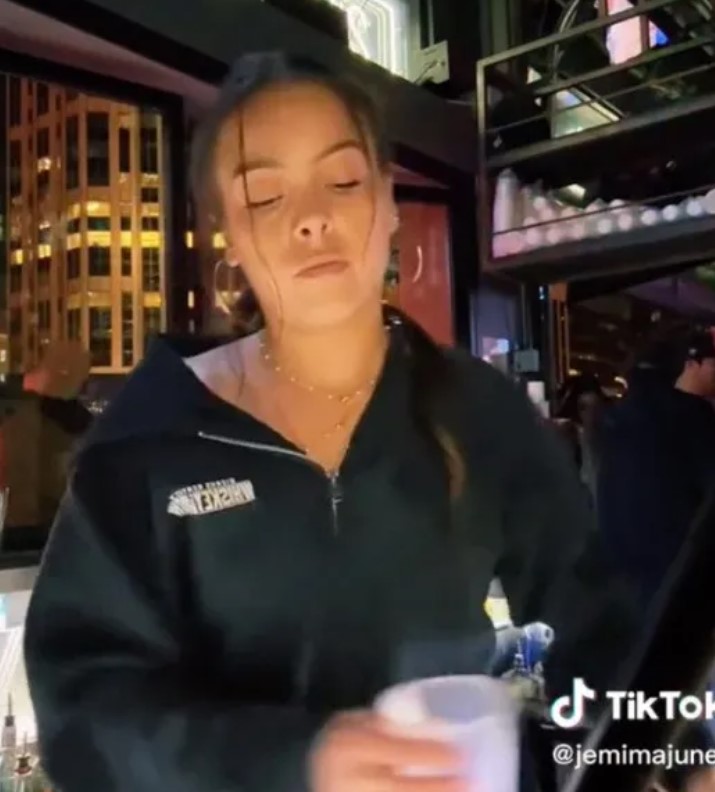
The incident, captured in a TikTok video, showcased the bartender, who goes by the name Jemima June, explaining her stance on the matter.
Jemima seemed to have enough when a customer requested a tequila with cranberry juice and no ice, likely to get a stronger drink. She recorded the exchange and posted it on TikTok.
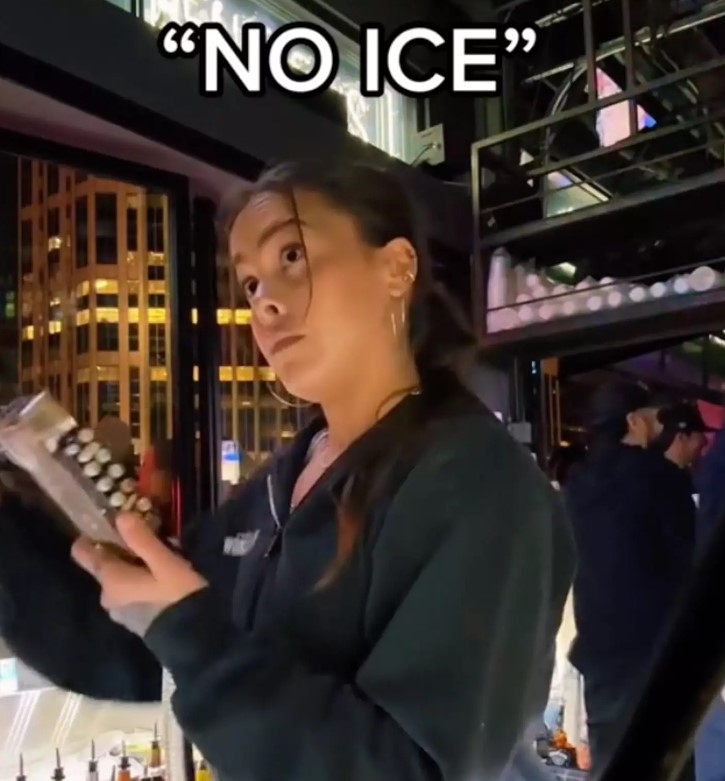
In the video, Jemima takes a moment to clarify that removing the ice from the drink does not guarantee a larger serving of alcohol.
"Just because you say 'no ice' doesn't mean you're going to get more alcohol," she asserts.
To emphasize her point, she suggests that the only assured way to increase the alcohol content is by ordering a double.
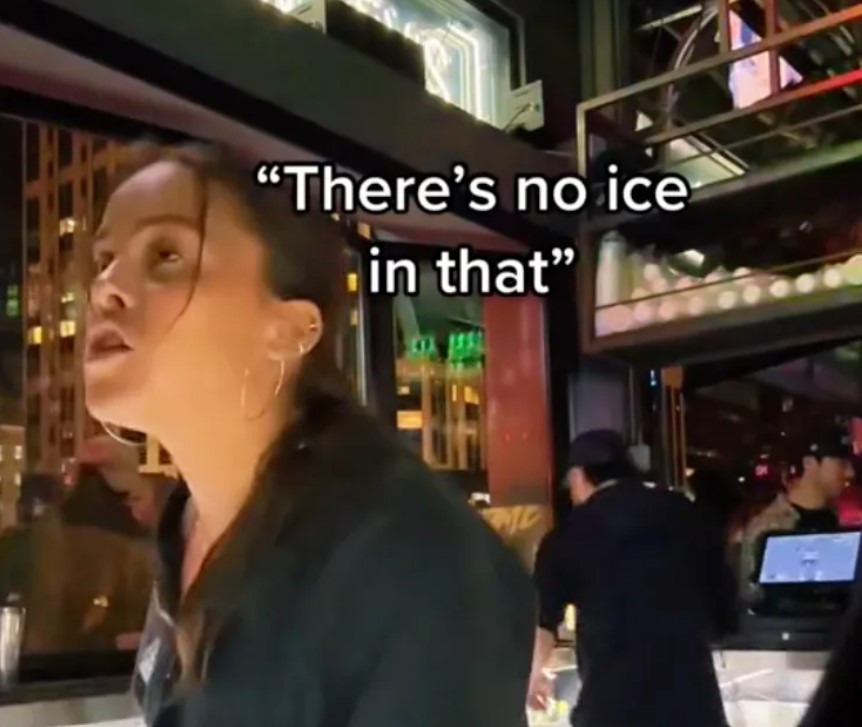
Some viewers supported the bartender's perspective, acknowledging that the amount of alcohol in a drink is typically carefully measured, regardless of the presence of ice.
These individuals argued that removing the ice may result in a larger portion of the mixer rather than more alcohol.
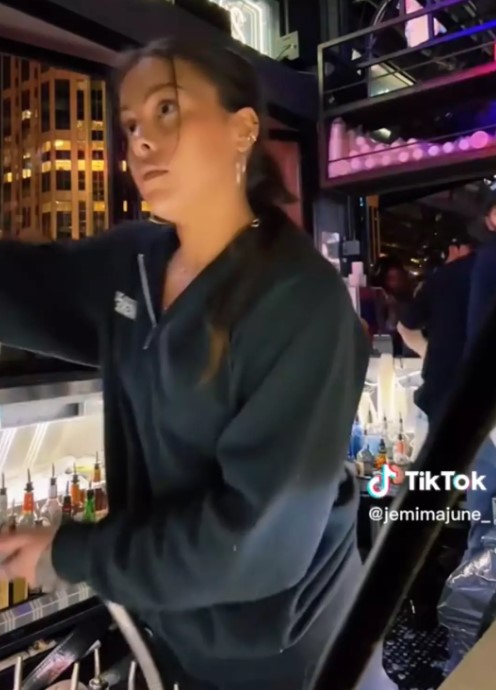
One user recounted their own experience, where a coworker requested less ice but was met with rudeness from the bartender.
They argued that the customer simply wanted no ice, not an increased alcohol content. Another viewer mentioned that they preferred their drinks without ice due to personal preference or a sore throat.
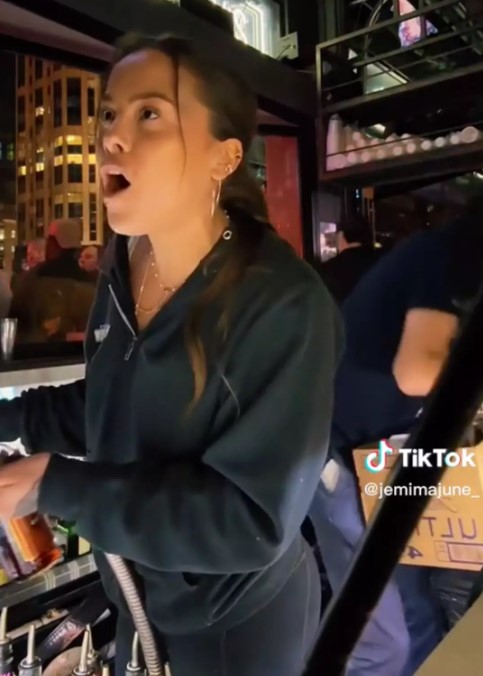
Some bartenders understood Jemima's situation, knowing the job's difficulties and how to handle customer requests. They supported her decision to make the drink without lecturing the customer.
On the other hand, some thought Jemima was too confrontational and believed bartenders should fulfill requests without criticism.
In a TikTok video, Aaliyah Cortez, a bartender from the United States, shared her salary slip from a local club where she had been working for a year.
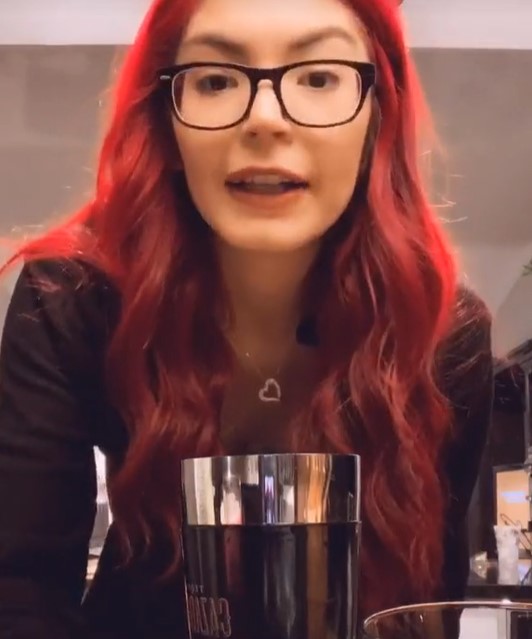
It was revealed that her hourly pay was a mere $2.13, forcing her to depend on customers' generosity to meet her basic needs.
Despite working a total of 70.80 hours, she only received $9.28 after deductions for federal taxes, social insurance, and health insurance.
Cortez emphasized in her TikTok video that customers are expected to tip servers due to the lack of fair and stable pay in the service industry.
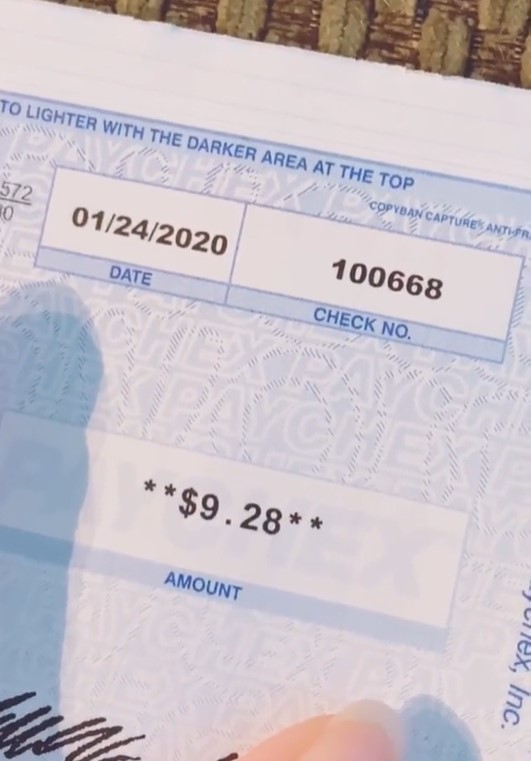
She explained that tipped employees can be paid below the federal minimum wage, making them reliant on customers' tips to earn a livable income.
Cortez expressed frustration with the state's laws that allow restaurants to pay subpar wages, leaving servers to depend on tips.




